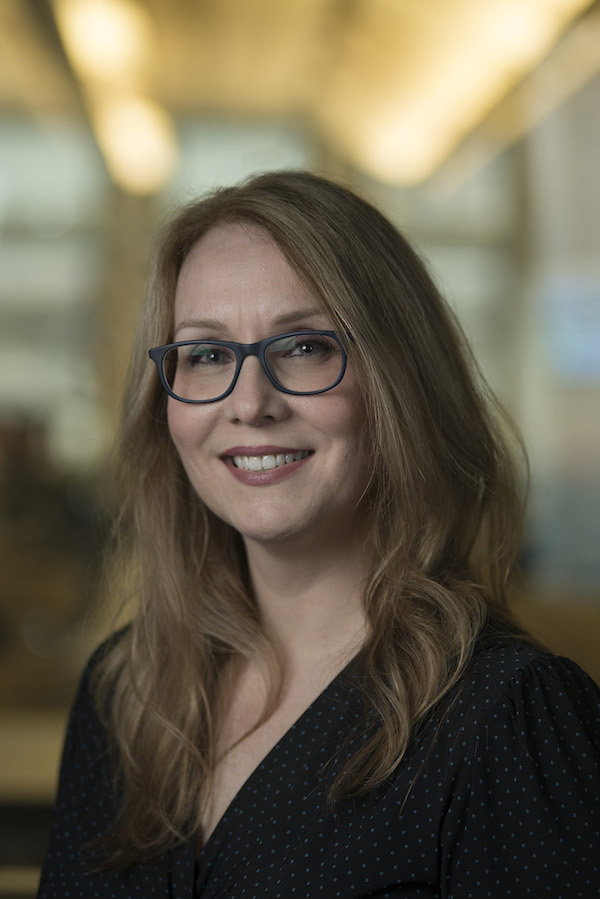One of my most visceral memories of working in newsrooms came from my shift as a Saturday researcher at The New York Times in 2001. Each day that fall, the metro desk editor on duty gave me a list of up to 20 names to research. I scoured public records to find relatives, friends and neighbors, searched the web for job histories or personal blogs, and dug into news articles, obituaries or marriage announcements. I was researching the Portraits of Grief, profiles of each of the thousands of people lost in the Sept. 11 attacks.
Work had never been more meaningful for me.
Along with dozens of colleagues, my drive to find the unknown became a part of something much greater than the sum of its parts — we recorded the stories behind our collective loss as a country.
I was fortunate to make my passion and superpower — news research — into a career. For 24 years, I have hunted for information with reporters and editors. For the past 11 of those years, I have taught my students at Craig Newmark Graduate School of Journalism at the City University of New York, where I am an associate professor and chief librarian.
Now, 20 years later, my students research to inform the profiles of people lost to the COVID-19 pandemic for The City.
My students can find relatives, local articles and social profiles, even with scant leads. News researchers, research editors and fact-checkers from places like The New York Times, ProPublica, The Intercept, ABC News, Wall Street Journal, Type Investigations and Retro Report are research adjuncts at Newmark J-school. These pros are teaching their investigative superpowers to our students every semester. Our curriculum constantly evolves, drawing on the latest in digital tools, databases, newsgathering techniques, and methods to detect and counter disinformation.
One thing that hasn’t changed during my time at the school is that our students tell us they want more research instruction. They recognize that this training helps them add context, history and detail to their stories. At Newmark J-School, students can take a research methods class every semester, from basic clip searches and people-finding to investigative research. External reviewers of our journalism program always judge our students’ reporting to be well-researched. More of our alums and students are getting research and fact-checking jobs and internships in newsrooms.
Therefore, it is critical that every J-school student at every university has access to advanced news research training.
News research is a system of knowledge, and more J-schools need formal programs to immerse student journalists in the practice. Supercharging students’ research and fact-checking skills gives them an advantage in the job market. Journalists who have this superpower enable local newsrooms and communities to demand accountability, solve problems and create change.
As stories unfold, research can feel like the most adventurous part of the discovery process. We can teach student journalists to love the process because research is all about failing up: You learn at every turn. Research empowers new reporters with a strategy to unpack complex critical issues that face our communities.
This column, thanks to Poynter, will be a conversation and collaboration with journalism educators about teaching your students the news research superpower. This space will include lesson plans and video lessons you can use, as well as regular continuing features like must-know databases for reporters, with a brief tutorial on best practices for reporting; and research X-ray, a detailed deconstruction of a reporter’s research steps on investigative projects, including how they put everything together based on their findings.
We can also share big ideas on preparing our student journalists to engage communities using research and people-centered reporting to investigate and document systemic failures. We have J-schools in most of the states with the news desert communities.
Journalism students with powerful research skills, access to university databases and experts with original research can break the silos and bridge the barriers to information and data for the communities they serve.







